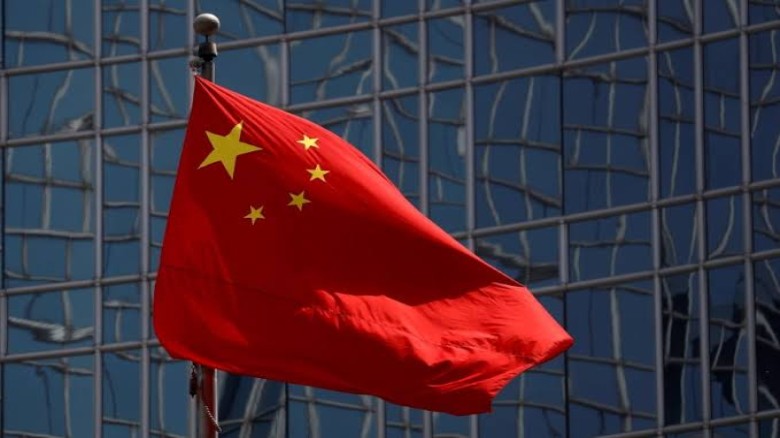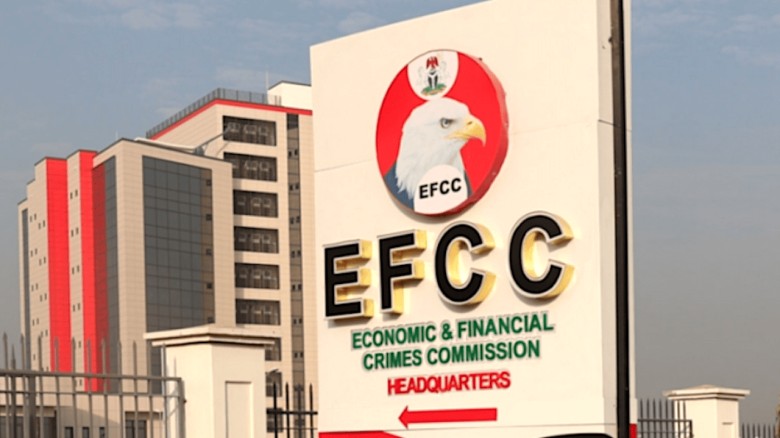Labour shortage: Poland to overhaul 2025 work visa program
In 2025, Poland is to implement reforms to its work visa program with the objective of enhancing immigration compliance, streamlining the application process for foreign professionals, and addressing labour shortages.These changes, which were recently announced by the Polish government, will have an impact on the demand for skilled workers across various sectors, as well as work permit requirements and visa fees. This presents both challenges and opportunities for prospective applicants.
Foreign workers will be prohibited from engaging in civil law contracts commencing January 1, 2025. Employers are now required to provide formal employment contracts that are directly linked to work permits. The objective of this initiative is to enhance job security for foreign workers, ensure transparency, and encourage equitable employment practices.
The transition will ensure that the terms of employment are standardised and that the rights of workers are safeguarded, all while adhering to Poland's labour laws.
The country's economic adjustments and the minimum wage will be reflected in the substantial increase in work permit fees in 2025. For example, the National Visa (Type D) fee will increase from €44.19 in 2024 to €80 in 2025.
Fee increases will also be implemented for other visa categories, such as the EU Blue Card and Seasonal Work Visa. Although these modifications may exacerbate the financial burden on applicants, their objective is to more accurately represent the administrative expenses associated with visa processing.
A new draft law is being introduced in Poland to streamline the process of obtaining a visa and obtaining a residence permit. This reform will improve the monitoring of work permits and establish more stringent penalties for noncompliance, thereby guaranteeing a more secure and efficient visa system. The government aims to reduce fraudulent activities and simplify the application process for legitimate applicants by enhancing oversight.
Poland's expanding economy and labour shortages in critical sectors render it an appealing destination for skilled professionals, despite the stricter regulations. Salaries are anticipated to increase, particularly in sectors such as healthcare, education, engineering, and information technology.
Transportation positions, including truck drivers, as well as skilled trades, including electricians and welders, are also in high demand. The country's appeal to foreign workers is further bolstered by its EU membership, which enables visa-free travel within the Schengen Zone, and its stable economy.
Visa fees will increase in all categories, with additional expenses for dependents. Under six-year-olds will be exempt from fees, while children aged six to twelve will be charged at reduced rates.
The revised work visa regulations in Poland provide a more lucid pathway to permanent residency. The government's dedication to the retention of skilled foreign workers is evident in the expedited transitions to residency that long-term options, including the EU Blue Card and the D-type visa, now offer.
The following steps must be taken by applicants who are interested in employment in Poland: selecting the appropriate visa type, securing a job offer, preparing documentation, submitting the application, indicating the employer's role, and receiving visa approval.
Employers are essential to the visa process, as they are required to provide formal contracts, apply for work permits on behalf of employees, and comply with more stringent regulations. Delays or rejections may result from noncompliance, underscoring the significance of adhering to regulatory standards.
Poland's revised work visa program for 2025 is a balanced approach to addressing labour shortages, encouraging fair practices, and ensuring compliance.
























Leave A Comment